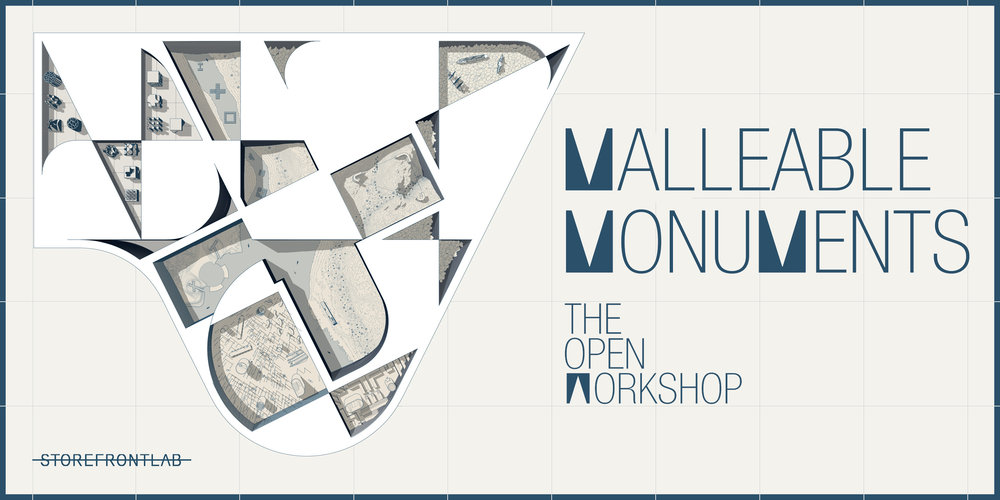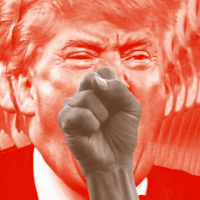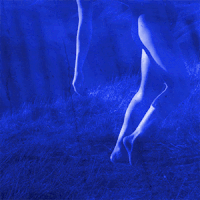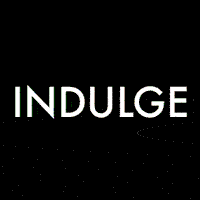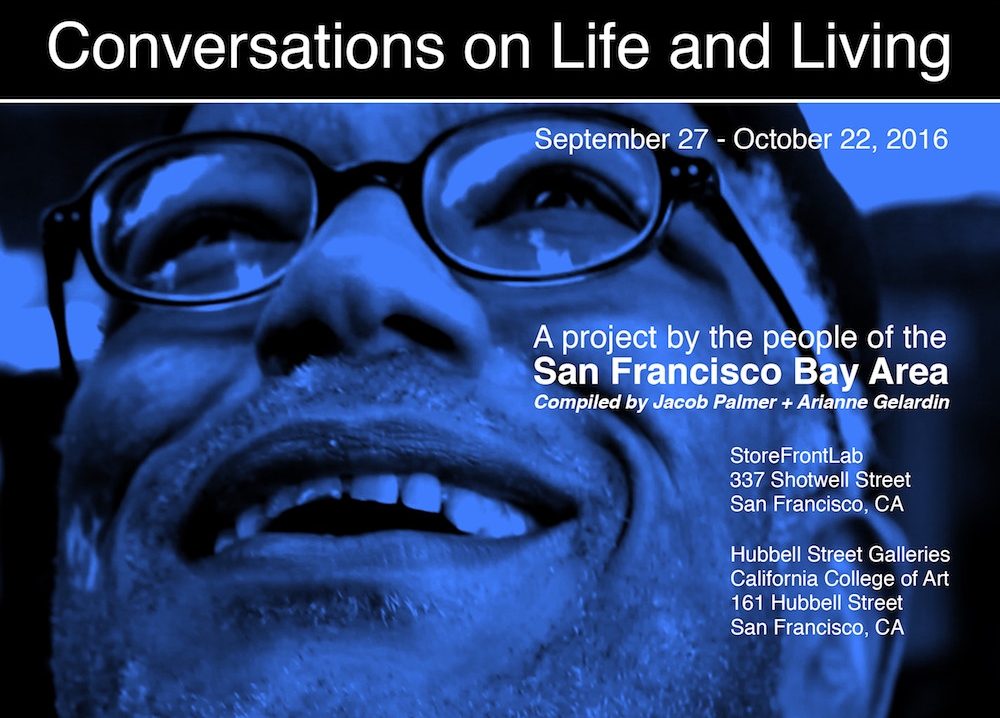Exercises in Style
/Enar de Dios Rodriguez
Ana Maria Montenegro
November 12–December 3, 2016
Exercises in Style is a film in four versions that took place at StoreFrontLab (San Francisco, USA) on November 12, 19, 26 and December 3 of 2016 right before sunset. All the scenes of the film were live video feeds of public and private security cameras located in the Bay Area and accessible online, which were edited by the artists in real time. Each screening therefore resulted in an unique and unrepeatable 25-minutes-long fictional film: what the spectator saw in the film was happening in front of those external cameras at that exact moment in that specific location.
Throughout the film, timed subtitles accompanied the live footage, functioning as an omniscient narrator telling the story of three women on a Saturday evening. The different scenes gave the viewer cues as to where these characters came from and the situations that brought them together as well as the spaces that illustrated their thoughts. The unpredictability of the actions occurring in these scenes added extraneous elements and details to the written story. Besides the moving images —that were always different because of their source—, some sections of the subtitles were changed each week and soundtracks were exponentially added in each screening. Motivated by Raymond Queneau’s book with the same title, Exercises in Style was screened four times, presenting each time a different version of the same story.
In 2017 a 28-pages book was produced and published as documentation/catalogue of the project.
Ejercicios de Estilo es un proyecto de Ana María Montenegro Jaramillo y Enar de Dios Rodríguez, una película presentada en cuatro versiones en StoreFrontLab (San Francisco, EE. UU.) los días 12, 19, 26 y 3 de diciembre de 2016 justo antes del atardecer. Todas las escenas de la película eran señales en vivo de cámaras de seguridad públicas y privadas ubicadas en la Bahía de San Franciso y accesibles en línea, las cuales fueron editadas por las artistas en tiempo real. Por lo tanto, cada proyección resultó en una película ficticia única e irrepetible de 25 minutos de duración: lo que el espectador veía en la película estaba sucediendo frente a esas cámaras, en ese momento exacto y en esa ubicación específica en tiempo real.
A lo largo de la película, subtítulos cronometrados acompañaban la imagen en vivo, funcionando como un narrador omnisciente que cuenta la historia de tres mujeres un sábado por la noche. Las diferentes escenas daban al espectador pistas sobre el origen de estos personajes, las situaciones que los unieron y los espacios que ilustraban sus pensamientos. La imprevisibilidad de las acciones que ocurrían en estas escenas agregaban elementos y detalles extraños a la historia escrita. Además de las imágenes en movimiento -que siempre fueron diferentes debido a su naturaleza-, algunas secciones de los subtítulos se cambiaban cada semana, y las bandas sonoras se sumaban exponencialmente en cada proyección. Motivado por el libro de Raymond Queneau con el mismo título, Ejercicios de Estilo se proyectó cuatro veces, presentando cada vez una versión diferente de la misma historia.




